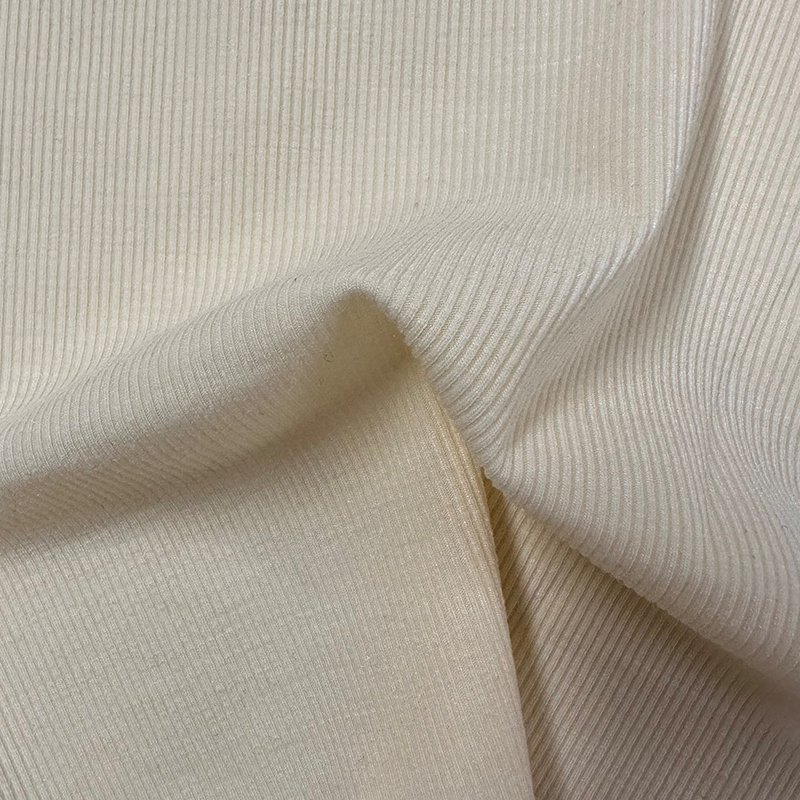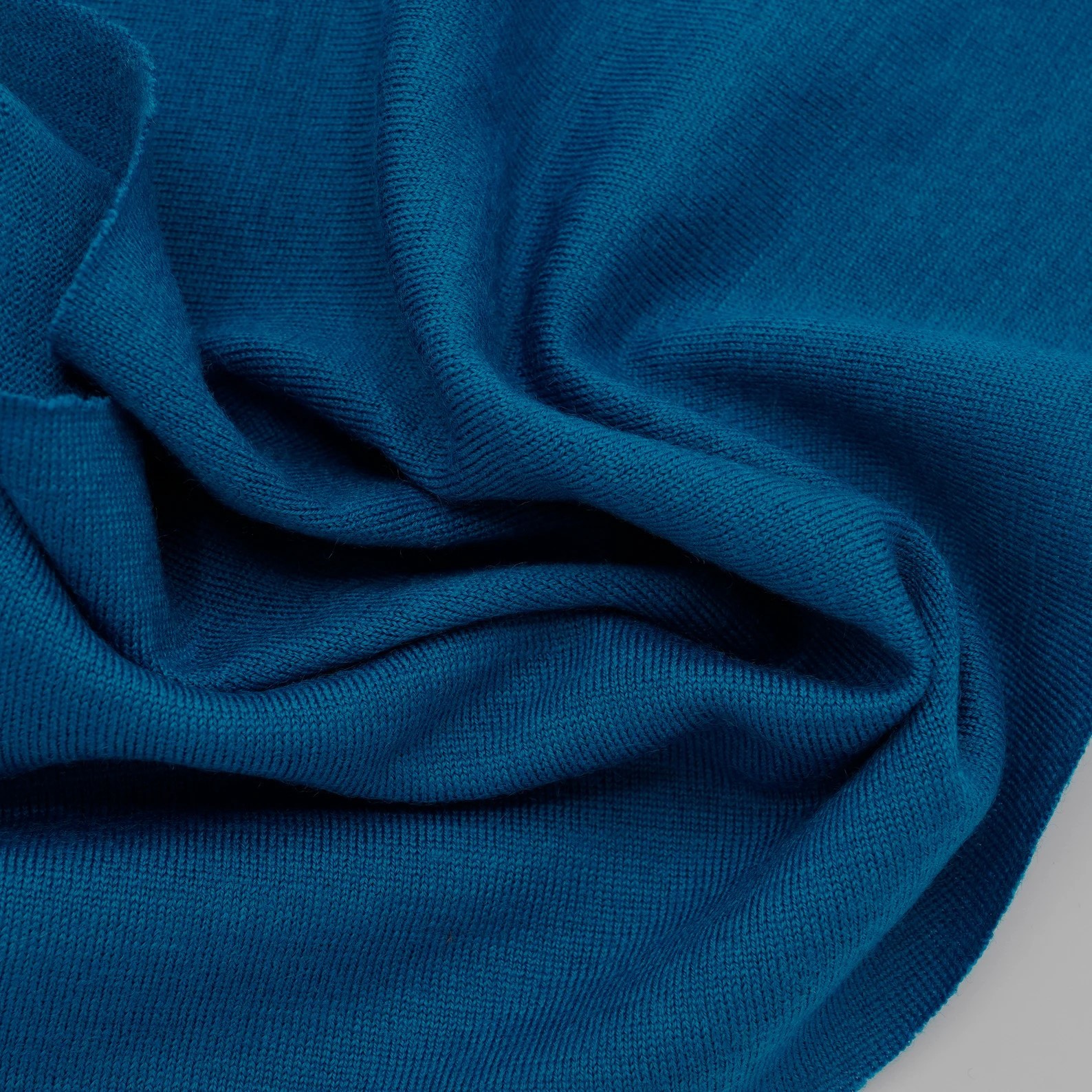 Esperanto
Esperanto
 Shqiptare
Shqiptare
 Euskara
Euskara
 Zulu
Zulu
 Latinus
Latinus
 Cymraeg
Cymraeg
 தமிழ்
தமிழ்
 Slovak
Slovak
 Slovak
Slovak
 Afrikaans
Afrikaans
Discover the Surprising Benefits of Organic Merino Wool for Sustainable Fashion
Release time:
2025-06-30
Source:
Discover the Surprising Benefits of Organic Merino Wool for Sustainable Fashion
Table of Contents
- Introduction to Organic Merino Wool
- What is Merino Wool?
- Sustainability in Fashion: The Need of the Hour
- The Benefits of Organic Merino Wool
- Eco-Friendly Properties
- Breathability and Comfort
- Durability and Longevity
- Hypoallergenic Properties
- Versatility in Fashion
- Organic Merino Wool vs. Conventional Wool
- How to Care for Organic Merino Wool
- Sustainable Brands That Use Organic Merino Wool
- Conclusion
- FAQs
Introduction to Organic Merino Wool
In the world of fashion, sustainability is more than just a trend; it is a necessity. As consumers become increasingly aware of their environmental footprint, the demand for sustainable materials in clothing has surged. Among these materials, **organic Merino wool** stands out as a beacon of sustainability, offering a host of benefits that appeal to eco-conscious consumers. This article explores the unique advantages of organic Merino wool and its pivotal role in the sustainable fashion movement.
What is Merino Wool?
Merino wool is derived from the fleece of Merino sheep, a breed known for its fine, soft wool. Unlike conventional wool, which can be coarse and itchy, **Merino wool** is prized for its softness and comfort. Organic Merino wool is produced without the use of synthetic chemicals, pesticides, or herbicides, adhering to strict organic farming standards that prioritize animal welfare and environmental health. This makes it not only a luxury fabric but also a sustainable choice for consumers seeking to make responsible fashion choices.
Sustainability in Fashion: The Need of the Hour
The fashion industry is one of the most polluting sectors globally, contributing to significant waste and environmental degradation. Fast fashion, characterized by rapid production cycles and low-quality materials, exacerbates these issues. As awareness grows, consumers are increasingly gravitating toward brands that prioritize sustainability. **Organic Merino wool** addresses key concerns related to conventional textile production, offering a sustainable alternative that is both practical and stylish. By choosing organic materials, consumers can play a part in reducing the environmental impact of fashion.
The Benefits of Organic Merino Wool
Organic Merino wool boasts a variety of benefits that make it an exceptional choice for sustainable fashion enthusiasts. Here are the primary advantages:
Eco-Friendly Properties
One of the standout features of organic Merino wool is its **eco-friendly nature**. The production of organic wool adheres to strict environmental guidelines that limit the use of harmful chemicals, promote biodiversity, and minimize water usage. Additionally, Merino sheep are raised in a sustainable manner, grazing on pastures that contribute to soil health and carbon sequestration. The renewable nature of wool further supports its status as a sustainable fabric, as it is biodegradable and can decompose naturally, unlike synthetic fibers that contribute to landfill waste.
Breathability and Comfort
Organic Merino wool is renowned for its **breathability**, making it an ideal fabric for various climates and activities. It regulates body temperature effectively, providing warmth in winter while remaining cool in summer. The moisture-wicking properties of Merino wool draw sweat away from the skin, helping to keep the wearer dry and comfortable. This ability to regulate temperature and moisture adds to the overall comfort of the fabric, making it suitable for everything from everyday wear to outdoor adventures.
Durability and Longevity
When investing in sustainable fashion, durability is paramount. Organic Merino wool is incredibly strong and resilient, with fibers that can withstand wear and tear. Unlike many synthetic alternatives that lose their shape and quality over time, **Merino wool garments** maintain their integrity, making them a worthwhile investment. With proper care, these garments can last for years, significantly reducing the need for frequent replacements and contributing to a more sustainable wardrobe.
Hypoallergenic Properties
For those with sensitive skin or allergies, organic Merino wool presents a suitable option. Its **hypoallergenic properties** make it less likely to irritate the skin compared to conventional wool, which can be coarse and itchy. Organic Merino wool is free from chemical treatments and dyes, further minimizing the risk of allergic reactions. This characteristic broadens its appeal, allowing individuals with skin sensitivities to enjoy the benefits of wool without discomfort.
Versatility in Fashion
Organic Merino wool is a versatile fabric that can be styled in numerous ways. From cozy sweaters and elegant cardigans to lightweight scarves and stylish hats, the options are endless. Its natural drape and structure lend themselves well to various designs, making it a popular choice among fashion designers. This versatility allows consumers to integrate organic Merino wool into their wardrobes seamlessly, showcasing its adaptability across different styles and occasions.
Organic Merino Wool vs. Conventional Wool
When comparing organic Merino wool to conventional wool, the differences become clear. Conventional wool production often involves harmful chemicals and unsustainable farming practices, which can have detrimental effects on both the environment and animal welfare. In contrast, **organic Merino wool** prioritizes eco-friendly methods, ensuring that animals are treated humanely and that land is managed sustainably. This distinction not only affects the quality and feel of the wool but also aligns with consumers’ growing preference for ethical and sustainable fashion choices.
How to Care for Organic Merino Wool
To maintain the quality and longevity of organic Merino wool garments, proper care is essential. Here are some tips for caring for your Merino wool clothing:
1. **Washing**: Opt for cold water and a gentle cycle when washing. Use a mild detergent specifically designed for wool.
2. **Drying**: Air dry your garments flat to avoid stretching. Avoid using a tumble dryer, as high heat can damage the fibers.
3. **Storing**: Store your wool garments in a cool, dry place, ideally folded rather than hung, to maintain their shape.
4. **Pilling**: Occasionally, pilling may occur due to friction. Use a fabric shaver or a lint brush to gently remove any pills without damaging the fabric.
By following these care instructions, you can significantly extend the life of your organic Merino wool garments, enhancing their sustainability.
Sustainable Brands That Use Organic Merino Wool
Several brands are leading the way in sustainable fashion by incorporating organic Merino wool into their collections. Here are a few noteworthy examples:
1. **Icebreaker**: Known for its commitment to natural fibers, Icebreaker produces a range of outdoor apparel made from organic Merino wool, emphasizing sustainability and performance.
2. **Patagonia**: This outdoor clothing giant integrates organic Merino wool into its product lines, aligning with its mission to protect the environment and promote ethical sourcing.
3. **Eileen Fisher**: A pioneer in sustainable fashion, Eileen Fisher offers stylish clothing made from organic Merino wool, ensuring that style does not come at the expense of the planet.
These brands exemplify how fashion can be both stylish and sustainable, encouraging consumers to make environmentally conscious choices.
Conclusion
Organic Merino wool is more than just a luxurious fabric; it embodies the principles of sustainability, comfort, and versatility that modern consumers are seeking. With its eco-friendly properties, breathability, and durability, it stands as a leading choice for those who prioritize ethical fashion. As we continue to navigate the complexities of the fashion industry, embracing materials like organic Merino wool is a significant step towards creating a more sustainable future. By choosing organic, we contribute to a cycle of responsible consumption that benefits both the planet and future generations.
FAQs
1. What makes organic Merino wool different from conventional wool?
Organic Merino wool is produced without harmful chemicals and adheres to strict organic farming practices, prioritizing animal welfare and environmental health.
2. Is organic Merino wool suitable for sensitive skin?
Yes, organic Merino wool is hypoallergenic and free from synthetic additives, making it a great option for individuals with sensitive skin.
3. How do I wash my organic Merino wool garments?
Wash in cold water on a gentle cycle with a mild detergent designed for wool. Always air dry flat to maintain shape.
4. Why is organic wool considered more sustainable?
Organic wool farming practices focus on minimizing environmental impact, promoting biodiversity, and supporting animal welfare compared to conventional wool production.
5. Can I wear organic Merino wool in summer?
Absolutely! Organic Merino wool is highly breathable and moisture-wicking, making it comfortable to wear in warmer weather as well.
organic merino wool clothing
Related News
2025-08-21 19:00
Why Nylon Wool Fabric is the Future of Sustainable Apparel
Why Nylon Wool Fabric is the Future of Sustainable Apparel Table of Contents 1. Introduction to Sustainable Apparel and Its Importance 2. Understanding Nylon Wool Fabric: A Comprehensive Overview 3. Environmental Benefits of Nylon Wool Fabric 3.1 Reduced Resource Consumption 3.2 Lower Carbon Footprint 4. Durability and Longevity: A Wise Investment 5. Versatility in Fashion Design 6. The Growing Po
2025-08-11 18:40
The Versatility and Benefits of Wool Fabric in Textile Industry
Wool fabric, derived from the fleece of sheep, is renowned for its unique properties that make it a highly sought-after material in the textile industry. Unlike synthetic fibers, wool is a natural fiber that possesses a range of advantages, contributing to its enduring popularity among designers and manufacturers. One of the most significant attributes of wool fabric is its excellent thermal regul





